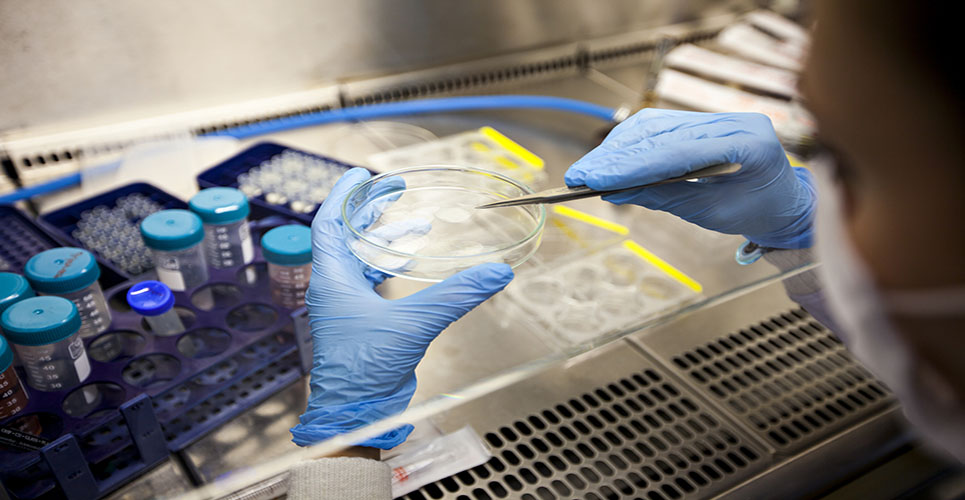teaser
Increasing the production of a naturally occurring protein has been found to hinder the spread of AIDS through the body, a study has shown.
The virus’s multiplication is slowed down by boosting the number of proteins found in blood cells that contain selenium.
Selenium is a micronutrient that the body needs to maintain normal metabolism. It becomes incorporated into proteins in the form of an amino acid called selenocysteine.
These proteins – selenoproteins – are especially important in slowing the spread of an infection, but are targeted by the HIV virus as it invades the body.
K Sandeep Prabhu, assistant professor at Penn State University, said: “We have found that increasing the expression of proteins that contain selenium negatively affects the replication of HIV. Our results suggest a reduction in viral replication by at least 10-fold.”
The team’s findings are outlined this week in the Journal of Biological Chemistry.
Researchers first isolated blood cells from healthy human volunteers who did not have HIV, and infected those cells with the virus.
Next, they added tiny amounts of a selenium compound – sodium selenite – into the cell culture to see the effect on viral replication.
Results from the tests indicate that the addition of selenium inhibited the replication of HIV.
Copyright Press Association 2008
Journal of Biological Chemistry

